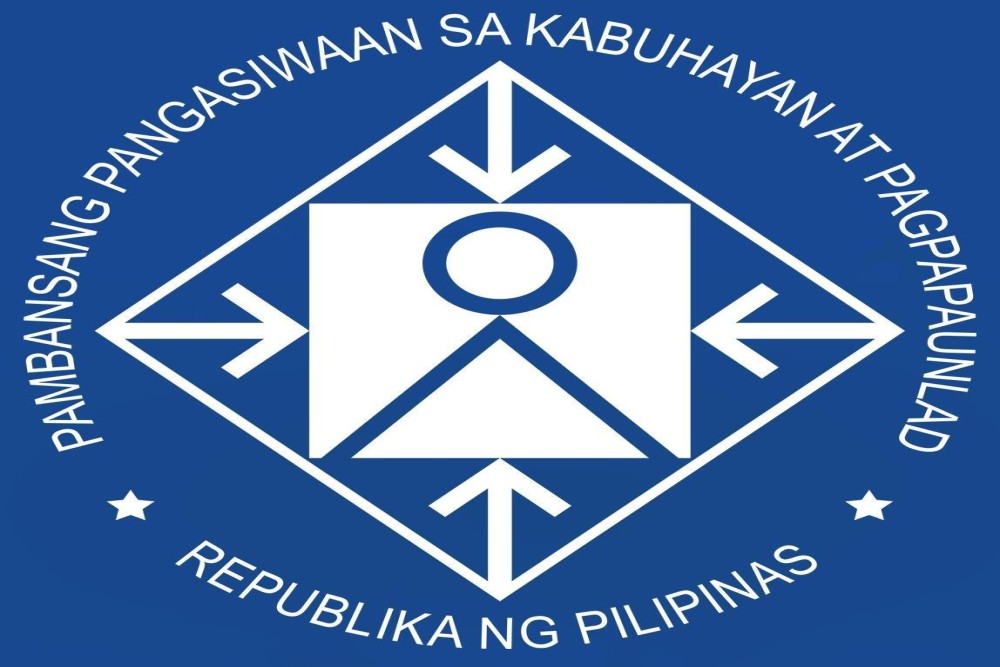THE National Economic and Development Authority (NEDA) underscored the importance of establishing a Department of Water (DWR) and a Water Regulatory Commission (WRC) to integrate the country’s governance and regulation of water resources and achieve water security.
A policy note stressed the need to address institutional fragmentation and improve infrastructure planning and management of the country’s water sector.
“In light of the challenges our country is experiencing under a fast-changing climate, the push for sound water governance is more urgent than ever before. As outlined in the Philippine Development Plan 2023-2028, our strategies are aimed at strengthening water security, ecological integrity, and resilience to hazards by improving water governance through integrated water resource management. This move is also in line with the Integrated Water Resources Management Plan, which aims to ensure that everyone has access to sufficient water supply at any given time,” NEDA Secretary Arsenio M. Balisacan said.
The policy note highlighted that while the Philippines is rich in water resources, it is challenged by the uneven access to water supply across different regions of the country.
Moreover, while 97.6 percent of Filipino families use improved drinking water sources and 84 percent have access to basic sanitation services, the Philippines is still behind other countries in Southeast Asia in terms of access to basic sanitation services. Access to these services is highest in Singapore (100%) followed by Malaysia (99.7%), Vietnam (96%), Brunei (94%), and Cambodia (88%).
In addition, population growth drives increasing demand for water, exacerbating the risk of water scarcity. Without significant changes in water management, parts of the Philippines are projected to endure extreme water stress by 2050, the policy note said.


